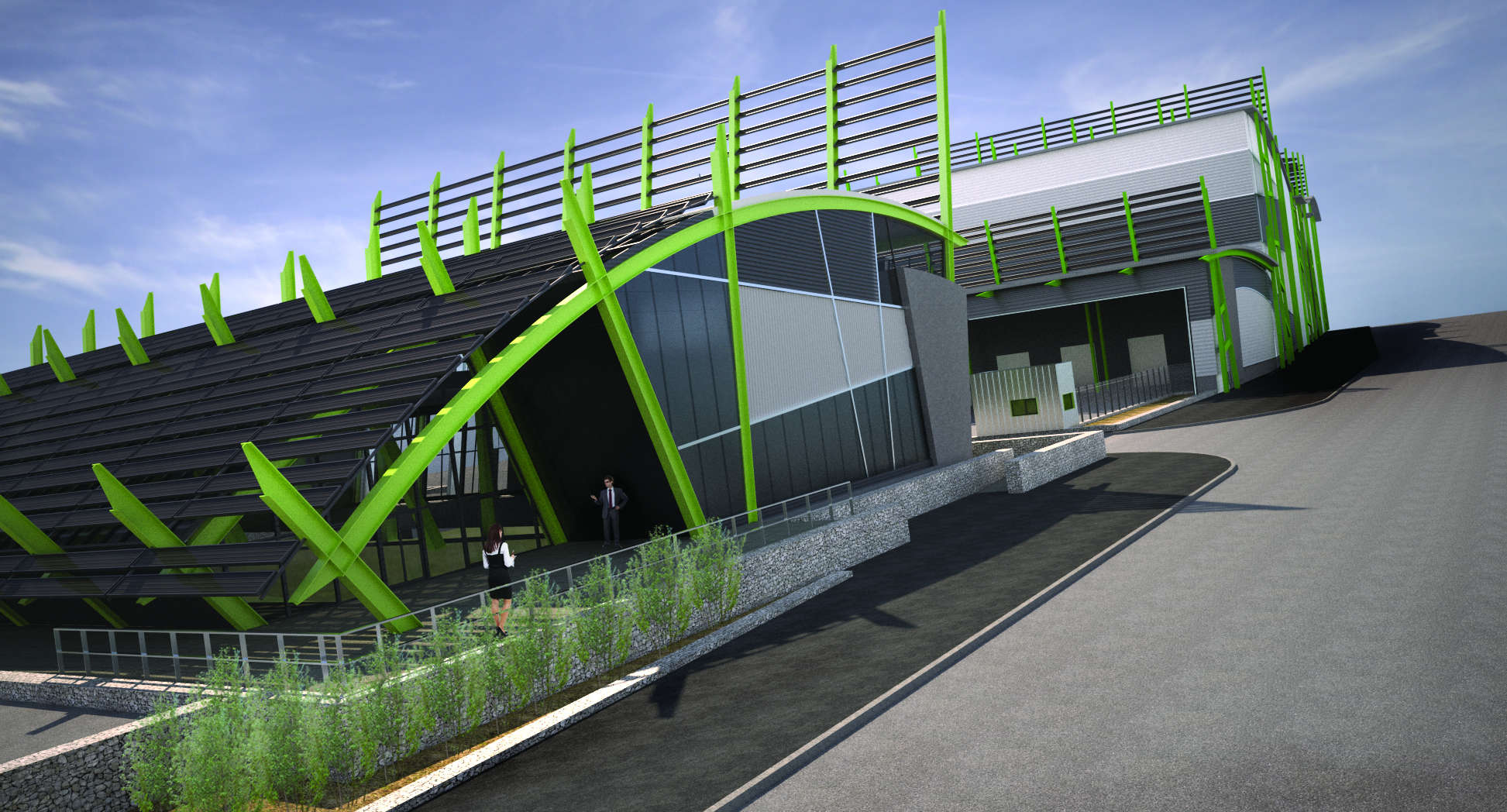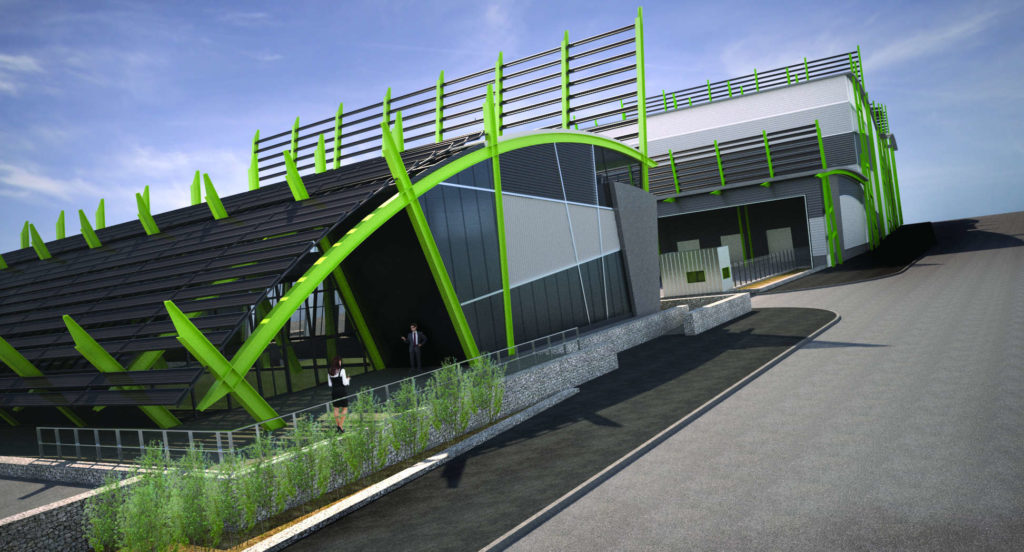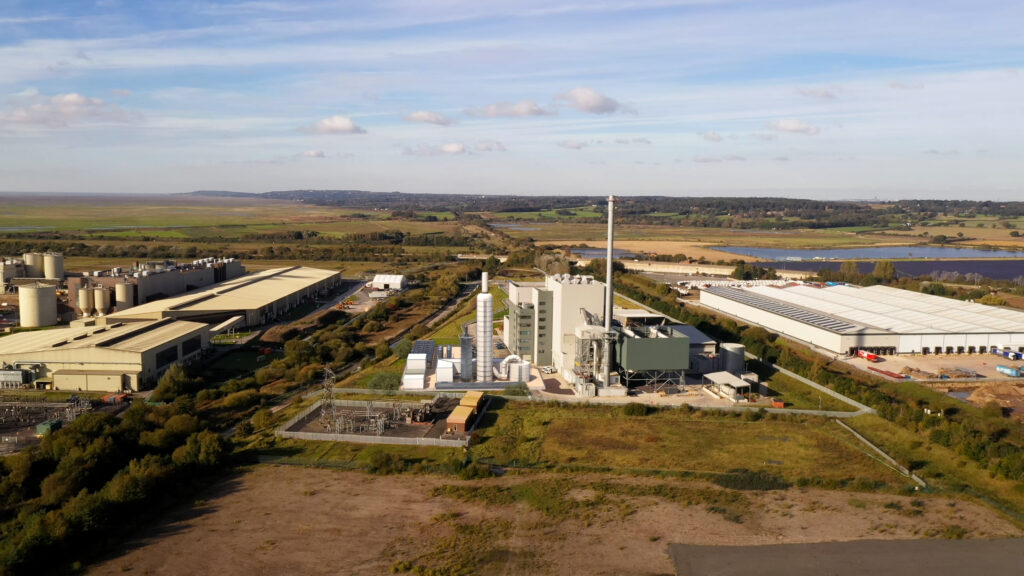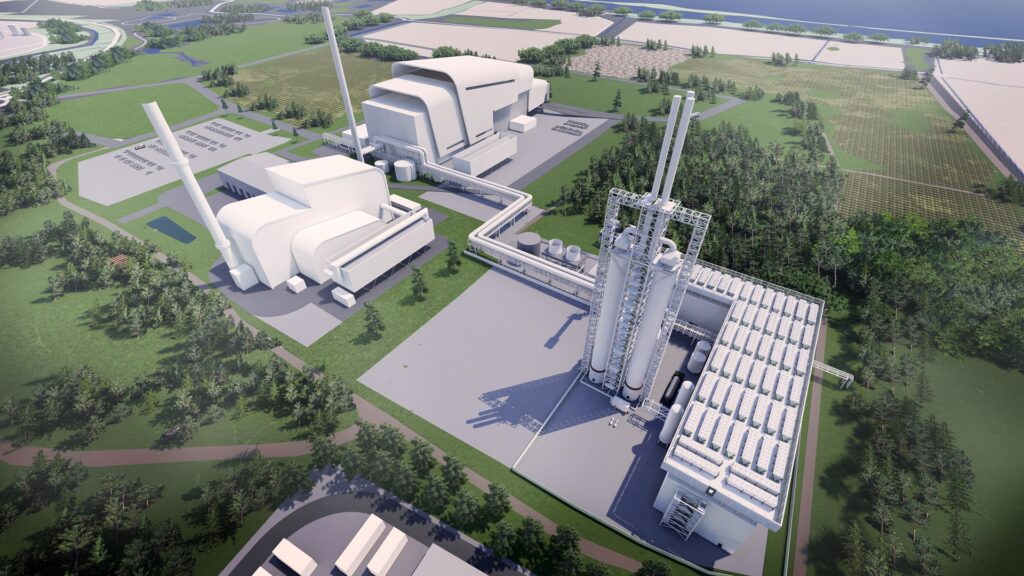The CHP-enabled plant, which was first envisaged more than five years ago, is due to begin operations in 2018.

It has recently attracted three external investors and financial backing under DECC’s Contract for Difference grant scheme, as well as additional support of £20 million from the European Regional Development Fund (see letsrecycle.com story).
Under the terms of the Environment Agency permit, the plant – which will initially be operated by engineering specialist Spencer Group – will be able to incinerate waste with a capacity exceeding three tonnes per hour, producing an estimated 28MW for export to the National Grid.
The plant, situated 1.4km from Hull city centre, is designed to have a single fluidised bed gasifier feeding a boiler and steam turbine generator, with feedstock storage and associated plant all located on site. The front end receipt, storage and thermal treatment plant have all been designed to accept multiple solid fuels and blend them prior to processing.
Humber
Waste fuels will comprising municipal and commercial and industrial waste, as well as waste wood, will be delivered to the facility directly via road – but will also be able to accept pre-processed materials by barge along the River Humber in future.
The facility will not source municipal waste from Hull city council itself, which is already contracted to Impetus Waste Management and the Air Products gasification facilities in Tees Valley.
On receiving the application in April 2015, the Environment Agency required additional revised air emissions impact assessment, a Fire Prevention Plan and a Noise Management Plan.
It also asked the applicant for further information on the temporary outdoor storage of baled refuse derived fuel (RDF) – however Energy Works since cancelled this proposed activity.
The Environment Agency required the plant to undergo a review of suitable opportunities to improve energy efficiency every four years, and CHP efficiencies every two years. The CHP is expected to provide a supply of heat to either a district heating network or an industrial building process.
The Agency states in its decision document: “We consider that, in granting the Permit, it will ensure that the operation of the Installation complies with all relevant legal requirements and that a high level of protection will be delivered for the environment and human health.”











Subscribe for free